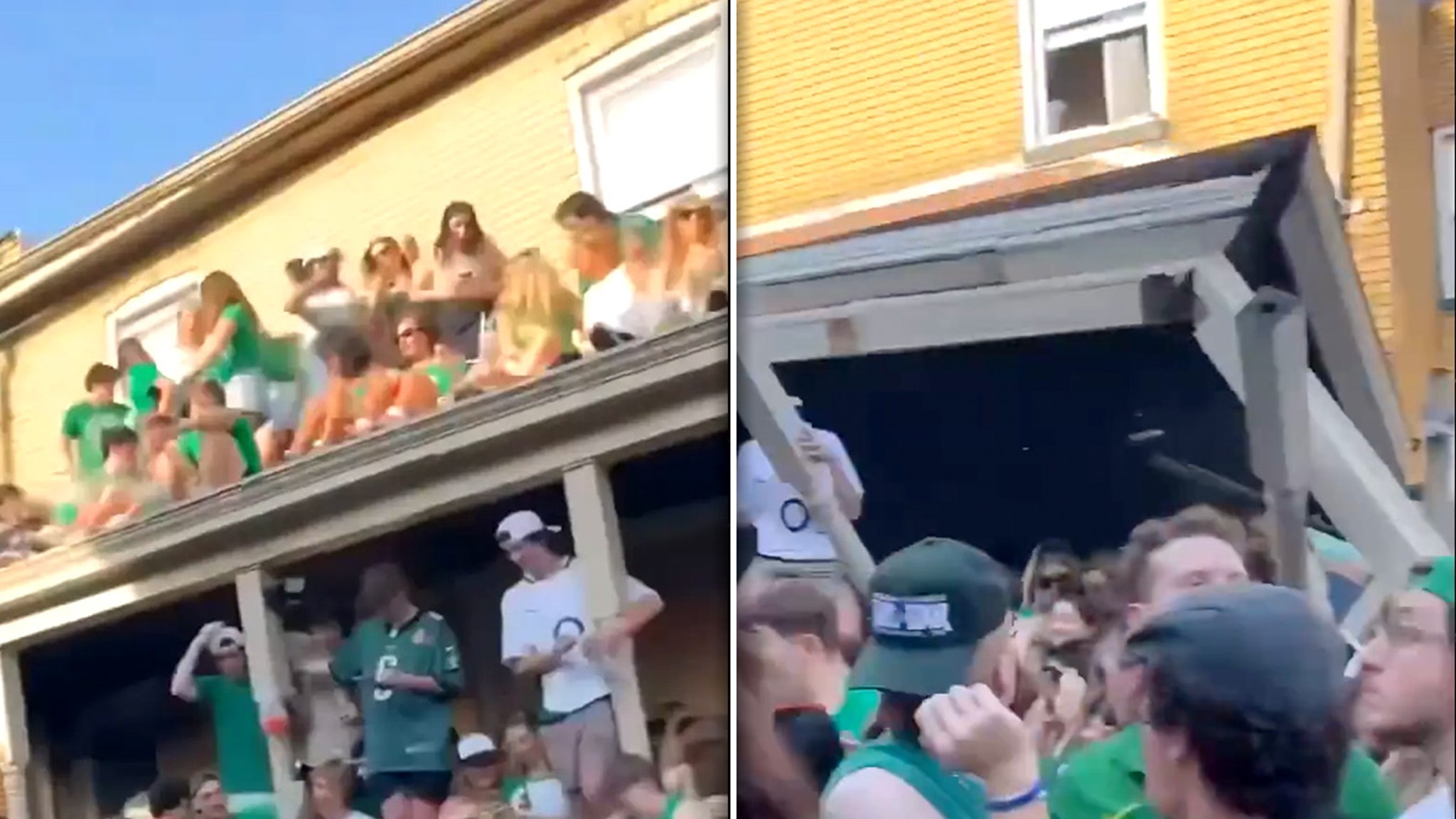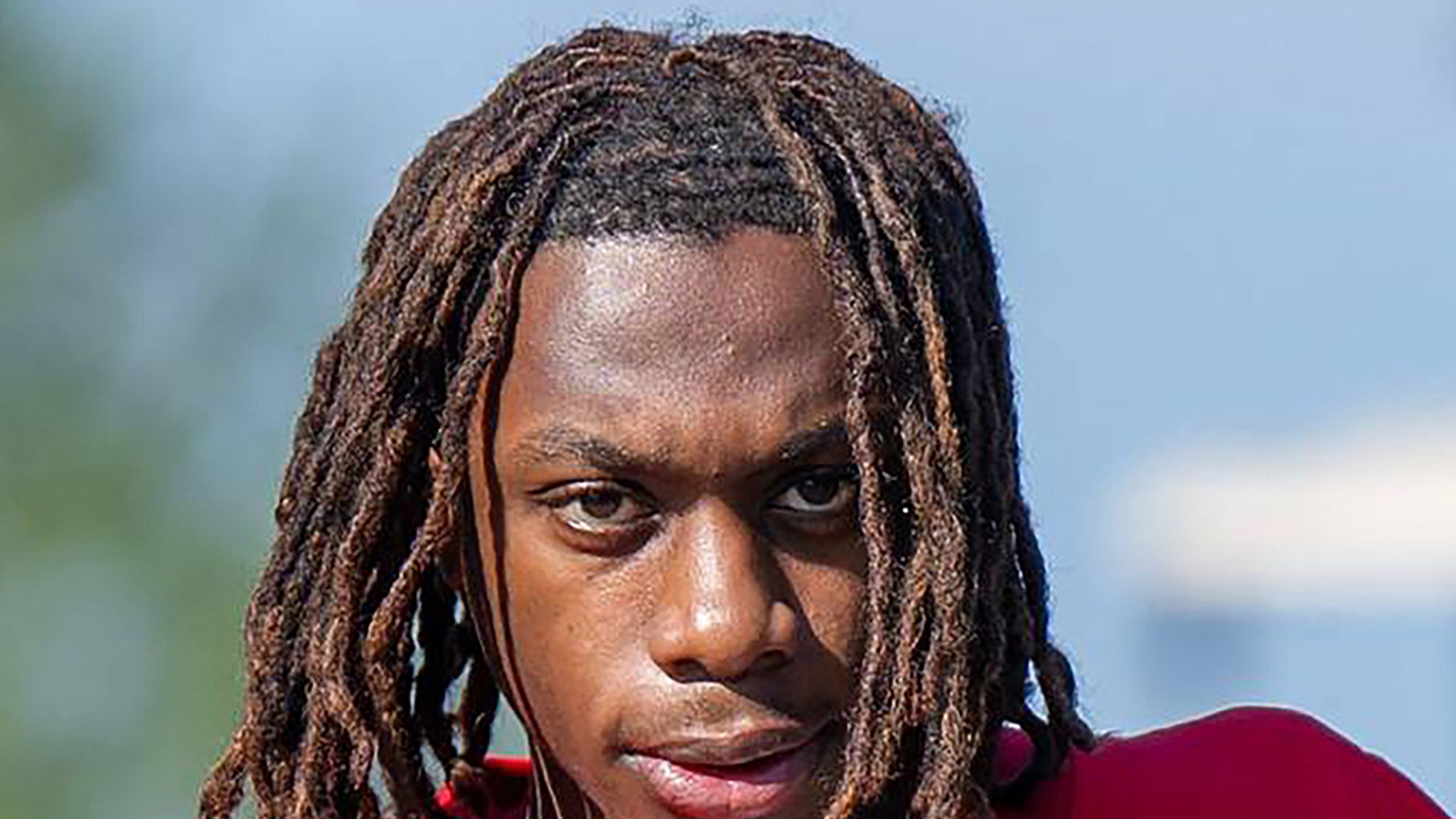Culture
The Greatest ‘Saturday Night Live’ Episode Ever*

As measured by the calendar, “Saturday Night Live” is celebrating its 50th anniversary this year. But you could also say that 50 “Saturday Night Lives” are each celebrating an anniversary.
There are, of course, those who watch the show every week, every year, and have followed its evolution for decades. But many of us have a singular personal “Saturday Night Live”: a particular season or group of performers that defines the show for us.
Don’t take this from me. Take it from Lorne Michaels. “Generally, when people talk about the best cast,” he once said, “I think, ‘Well, that’s when they were in high school.’”
I was in high school in 1984. Even back then — those freaks-and-geeks years when you define yourself by your pop-culture obsessions and nerds are most vulnerable to the wiles of sketch comedy — I was only a modest “S.N.L.” fan. I loved “S.C.T.V.” and David Letterman and Monty Python.
In college and later, I would move on to “The Simpsons” and other comedy enthusiasms. Sometimes I’d enjoy “S.N.L.”; sometimes I’d hate it; sometimes I’d enjoy hating it. But honestly, for most of my life I’ve thought of it like a public utility — always there, but not something I’d be a “fan” of any more than I’d be a fan of the gas company.
But there was a while when “S.N.L.” vibrated on my wavelength, when I was the right age to stay up, when my friends spent every Monday quoting lines to one another in the school cafeteria. I can narrow my “S.N.L.” of choice down to a specific season — in fact, to a specific episode: Season 10, Episode 9, airdate Dec. 15, 1984.
(You can stream an abbreviated version of this episode on Peacock; as is frustratingly true of many classic episodes, you’ll need to search for omitted clips online. My wife, an archivist, worked her contacts years ago to find us a samizdat recording of the full episode, which I treasure as an heirloom.)
My sense is that many “S.N.L.” fans consider Season 10 to be something of an asterisk, an aberration. Michaels wasn’t even with the show at the time — this was the Dick Ebersol interregnum, and there had just been a major shake-up in the cast.
Ebersol, like a baseball owner opening his wallet to free agents, brought in established comedy performers, including Billy Crystal, Christopher Guest, Rich Hall, Martin Short and Pamela Stephenson. The series did not have Eddie Murphy, who had continued the tradition of breakout stars’ leaving the series and its long, late hours for the movie business.
This one night, however, he came back. Swaggering onstage in a glittery black jacket, he said that he had sworn never to return and only signed on as host after making the dud “Best Defense” with Dudley Moore. (“The money they gave me, y’all would have did ‘Best Defense’, too.”) In the interim, a little movie named “Beverly Hills Cop” came out, and Murphy returned a conquering hero.
The episode built him a monumental pedestal. He reprised several famous characters, including the inner-city children’s host Mr. Robinson and an adult version of the “Our Gang” urchin Buckwheat, opposite Mary Gross as the squeaky-haired and deranged Alfalfa.
But the enduring classic of the episode is a pretaped mockumentary, “White Like Me,” in which Murphy goes undercover in whiteface and a Ned Flanders mustache to reveal the secret ways of white Americans. (The premise is a takeoff on “Black Like Me,” the 1961 book, later adapted into a film, for which John Howard Griffin darkened his skin to pass as Black.)
“When white people are alone,” Murphy discovers, “they give each other things for free,” from newspapers to bank loans. When the only other Black man on a New York City bus gets off at his stop, the white passengers serve cocktails and start dancing to oldies music. It’s a picture of racism less as weapon than as invisible gate, the kind of brutal, full-bore satire that “S.N.L.” only occasionally manages.
The episode shows off Murphy’s versatility — he plays piano to fill 30 seconds of dead air when a commercial break is mistimed — and his ability to be both explosive and deadpan. Playing a militant Afrocentric scholar in the Black History Minute sketch, he stumbles for a moment, then turns the break into an expression of the character: “Stop clapping before y’all make me smile!”
It also, excruciatingly, memorializes the homophobia of Murphy’s early comedy, which he repudiated decades later. In a Saturday Night News monologue on children’s toys, he holds up a pink-shirted Ken doll and warns parents, “unless you want your sons to live in the Village and skip to work, keep them as far away from Ken as possible.” This is another legacy of the ’80s comedy that percolated into our Gen X school lunchrooms, one that’s a lot less fun to remember.
But many of the moments I love in the episode come from the odd, mostly forgotten bits that draw on this ensemble’s specific talents and hit my forming comic sensibility at just the right oblique angle.
Take the Lishman’s Deli sketch, in which Murphy’s Gumby character — the green clay stop-motion figure reimagined as a crabby Borscht Belt has-been — trades insults with a gang of alter kockers played by Crystal, Guest and Short, who reminisce and argue about sandwiches named for celebrities. (“A Morey Amsterdam is what we used to call a herring melt,” Crystal declares.) Larry David — who would bring a grouchy Jewish sensibility to TV in “Seinfeld” and “Curb Your Enthusiasm” — was a writer on the show that season and does a newspaper crossword in the background of the sketch.
The episode has plenty of filler too, like a sketch pairing the South African bishop Desmond Tutu (Murphy) and the Heisman Trophy winner Doug Flutie (Hall), as well as Short playing the great-niece of Jerry Lewis, a plastic surgeon’s receptionist. But one viewer’s filler is another’s genius, and for me that sketch is “Climbing the Stairs.”
The premise is ridiculous: Short plays Lawrence Orbach, a World War II soldier, trapped in a farmhouse, who needs to save his unit by calling for help from a phone on the second floor. Orbach, who grew up in the Midwest, doesn’t know how to climb stairs. (“It never came up!”)
It’s barely an idea, the kind of late-in-the-episode sketch that many viewers will wish had been cut for time. Yet Short puts it over with his trademark terrified awkwardness and self-sacrificing physical comedy, hurling himself at the steps as if they were the face of Everest. The sketch is dumb; it lasts too long and fizzles out; I cannot rationally defend it. And God help me, I cannot think of it four decades later without giggling.
Was this broadcast the greatest 90 minutes of “Saturday Night Live” ever? Probably not! If you live long enough, you become the old man in the deli nattering on about your obscure and personal affections. This episode is my Morey Amsterdam sandwich.
But it hit the spot for me. This, in the end, is all that “Saturday Night Live” promises: not perfection or even excellence, but simply that it will give you the silly and the excruciating and leave you, years later, laughing yourself stupid at a memory that comes out of nowhere.






























